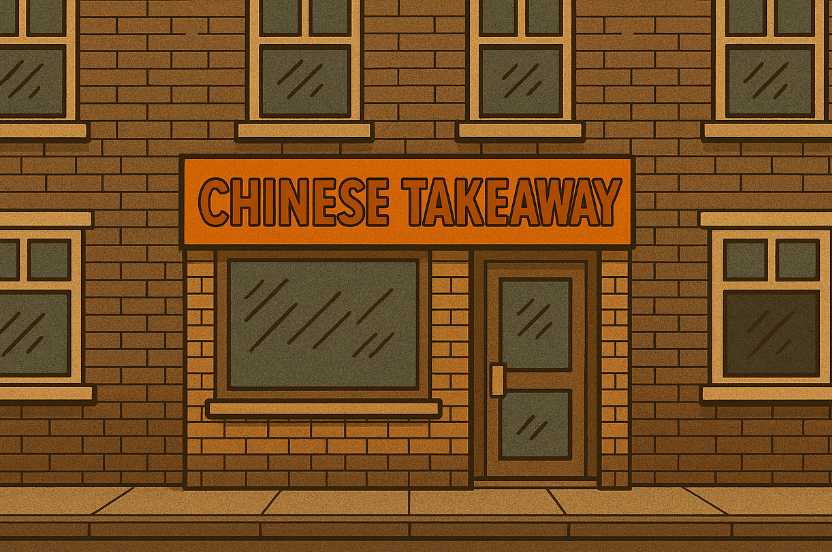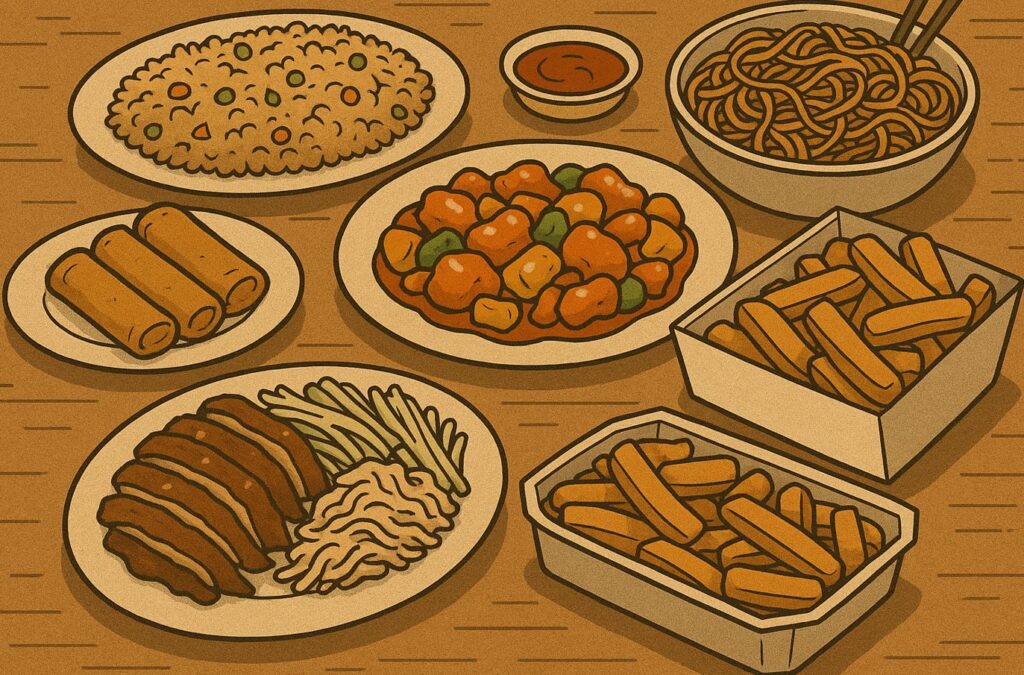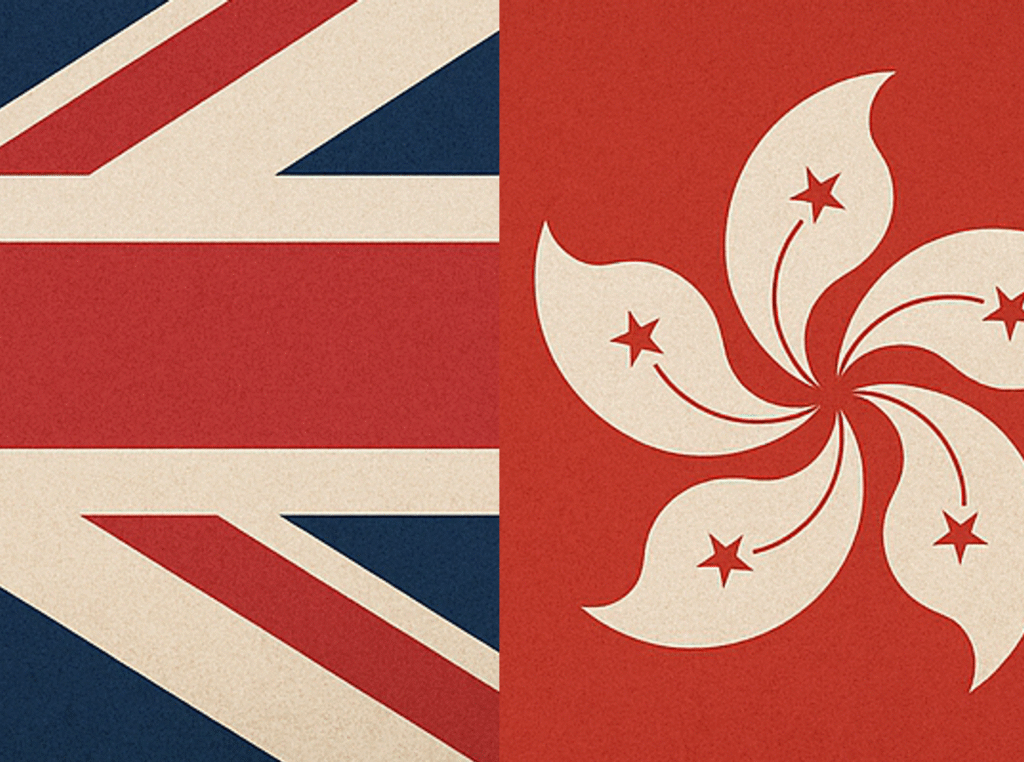
The Unspoken Rules
Growing up in a traditional Chinese family I would notice how things work differently in our house compared to our English friends. In western families individual autonomy and open emotional expression are considered to be the core values, independence and exploring their identities on their own terms are encouraged. In contrast to our parents, love and respect wasn’t spoken but performed, our individuality is defined by our role in relation to the family. There’s also a strong emphasis on hierarchy and respect for elders. I followed the principles without really knowing why or what they mean, nor did you question your parents about it. Our family was not religious but still there are certain unwritten disciplines that need to be followed. It wasn’t until later in life that I realised these principles trace back to an ancient philosophy: Confucianism.
Confucianism, a philosophy dating back over 2,500 years, has shaped Chinese culture and society across many generations. Not only has it impacted Chinese culture but its teaching has influenced other Asian cultures throughout history i.e. Japanese and Korean. Unlike religion where it involves superstitious belief, Confucianism was mainly used as a moral guide for living and governance. Since ancient times, most of the values were passed down like habits and rituals from one generation to another.
Who Was Confucius?
Confucius (551–479 BCE) was a Chinese philosopher, teacher, and political thinker whose ideas have shaped Chinese culture for over two millennia. Born during a time of social upheaval, he believed that a harmonious society could be built through moral integrity, respect for hierarchy, and proper conduct in personal and public life. His teachings were recorded by his followers in the Analects, emphasised values like filial piety, humility, self-discipline and the importance of education. Though Confucius never saw himself as a prophet, his ideas became the backbone of East Asian ethics, education and family structure that still influential in Chinese communities around the world today.
When Values Collide
Even for many overseas Chinese, Confucian values became embedded into daily life. When our parents immigrated to a new country their values also travelled with them. The pressure to succeed, the silence around emotions, keeping your head down and working hard, the burden of family honour. Inevitably this cultural mindset was passed on to the next generation that were born in a Western country. In Confucian culture, emotion is something to be hidden away, not displayed. But in a society that encourages openness and vulnerability, that silence can become a kind of isolation.
With personal issues like the struggle of mental health, many hesitated to talk about it as it is often considered to be a weakness and brushed aside. Traditional thinking often frames mental suffering as something to be endured and speaking about it was considered a taboo. Speaking openly about it could mean a loss of face (面子) for the family. Also traditional Confucian structures reinforce rigid gender roles; men as leaders, sons bearing responsibility, daughters expected to be obedient. Many of these ideas are often in conflict with modern values, especially for younger generations.
Generally, the ideal of harmony means becoming a way of avoiding necessary conversations or confrontations. Avoiding conflict to maintain peace can in the name of family unity or saving face, important issues often go unspoken can take a mental toll on many who need help. Growing up in a Western society where emphasis was placed on individuality, speaking up, standing out, being yourself; traditional Confucianism, for all its wisdom, can feel out of place.
Reinterpreting the Tradition
But with time, the more I learned about it the more I’ve come to realise that Confucianism isn’t inherently good or bad. One of the most overlooked aspects of Confucianism is that it was never meant to be a rigid, dogmatic system like many organised religions. It wasn’t intended to rely on divine authority or strict indoctrination. It’s a flexible moral philosophy grounded in human relationships, ethical reasoning and social harmony. Even throughout China’s history Confucianism has gone through numerous reinterpretations shaped by the changing historical climate.
It emphasises context, reflection and continuous self-cultivation, not blind obedience. That means its teachings were always intended to evolve with time and circumstance. For those of us in the diaspora, this opens up the possibility of reinterpretation, keeping what resonates, and changing parts that don’t. With some reframing, Confucian values can still carry relevance today.
Filial piety (孝), for example, is not just about blind obedience; it’s about care, respect and reciprocity. In modern cultural society where the elderly are often neglected, there’s something deeply benevolent about looking after the people who raised you. The emphasis on education goes deeper than getting good grades, it’s about continuous learning and contributing to society with integrity. In a time when personal gain often trumps social good, this is needed more than ever. Even emotional restraint, when not repressive, can be a form of maturity and self-discipline. Learning about patience, reflecting and acting with care instead of impulse.
Confucianism doesn’t need to be a set of strict rules, it can be a source of guidance and self-improvement. For it to thrive today, especially in diaspora communities, it can be evolved into something that’s compatible with modern Western society without straying away from its core values.
Building on the Tradition
Many Confucian traditions have started to erode away as younger generations are adapting to modern Western cultural values. However that doesn’t mean it has no place in modern society. As a grown up, I started to have a better knowledge of where these values came from. Not only that, my approach to Confucianism is a lot more different than the previous generations. I gained a lot more understanding of its fundamental values as well as its flaws. Though I am no scholar of the subject, I know enough to make it work for me.
The key is not to follow it blindly, but instead question it and reframe it so it fits into modern day lives whilst preserving the fundamental virtues. The ethics of family values, respect, self-discipline and patience are timeless and are still relevant. Confucianism isn’t static. It has always been a living philosophy, shaped by time and context. Instead of being constrained by traditions, we should see it as a strong foundation to build on and not something to be abandoned. I choose to follow my own path whilst still honouring those who came before me. These, too, were part of Confucius’ original teachings.



